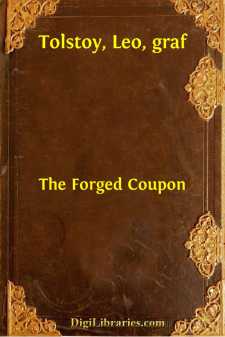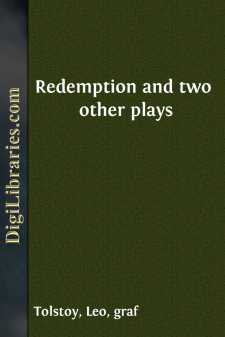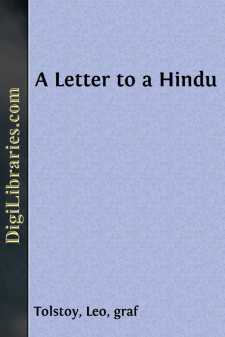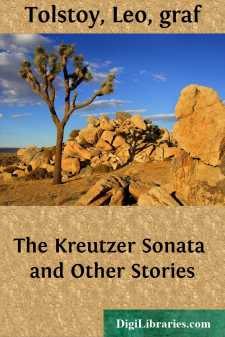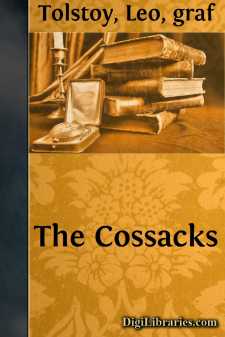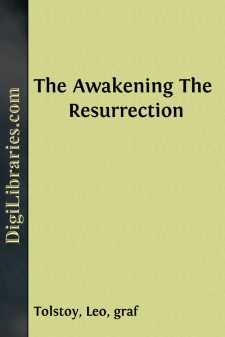Categories
- Antiques & Collectibles 13
- Architecture 36
- Art 48
- Bibles 22
- Biography & Autobiography 816
- Body, Mind & Spirit 145
- Business & Economics 28
- Children's Books 18
- Children's Fiction 14
- Computers 4
- Cooking 94
- Crafts & Hobbies 4
- Drama 346
- Education 58
- Family & Relationships 59
- Fiction 11831
- Foreign Language Study 3
- Games 19
- Gardening 17
- Health & Fitness 34
- History 1378
- House & Home 1
- Humor 147
- Juvenile Fiction 1873
- Juvenile Nonfiction 202
- Language Arts & Disciplines 89
- Law 16
- Literary Collections 686
- Literary Criticism 179
- Mathematics 13
- Medical 41
- Music 40
- Nature 179
- Non-Classifiable 1768
- Performing Arts 7
- Periodicals 1453
- Philosophy 66
- Photography 2
- Poetry 897
- Political Science 203
- Psychology 45
- Reference 154
- Religion 516
- Science 126
- Self-Help 86
- Social Science 82
- Sports & Recreation 34
- Study Aids 3
- Technology & Engineering 59
- Transportation 23
- Travel 463
- True Crime 29
Our website is made possible by displaying online advertisements to our visitors.
Please consider supporting us by disabling your ad blocker.
The Forged Coupon
by: Leo Tolstoy
Description:
Excerpt
INTRODUCTION
IN an age of materialism like our own the phenomenon of spiritual power is as significant and inspiring as it is rare. No longer associated with the "divine right" of kings, it has survived the downfall of feudal and theocratic systems as a mystic personal emanation in place of a coercive weapon of statecraft.
Freed from its ancient shackles of dogma and despotism it eludes analysis. We know not how to gauge its effect on others, nor even upon ourselves. Like the wind, it permeates the atmosphere we breathe, and baffles while it stimulates the mind with its intangible but compelling force.
This psychic power, which the dead weight of materialism is impotent to suppress, is revealed in the lives and writings of men of the most diverse creeds and nationalities. Apart from those who, like Buddha and Mahomet, have been raised to the height of demi-gods by worshipping millions, there are names which leap inevitably to the mind—such names as Savonarola, Luther, Calvin, Rousseau—which stand for types and exemplars of spiritual aspiration. To this high priesthood of the quick among the dead, who can doubt that time will admit Leo Tolstoy—a genius whose greatness has been obscured from us rather than enhanced by his duality; a realist who strove to demolish the mysticism of Christianity, and became himself a mystic in the contemplation of Nature; a man of ardent temperament and robust physique, keenly susceptible to human passions and desires, who battled with himself from early manhood until the spirit, gathering strength with years, inexorably subdued the flesh.
Tolstoy the realist steps without cavil into the front rank of modern writers; Tolstoy the idealist has been constantly derided and scorned by men of like birth and education with himself—his altruism denounced as impracticable, his preaching compared with his mode of life to prove him inconsistent, if not insincere. This is the prevailing attitude of politicians and literary men.
Must one conclude that the mass of mankind has lost touch with idealism? On the contrary, in spite of modern materialism, or even because of it, many leaders of spiritual thought have arisen in our times, and have won the ear of vast audiences. Their message is a call to a simpler life, to a recognition of the responsibilities of wealth, to the avoidance of war by arbitration, and sinking of class hatred in a deep sense of universal brotherhood.
Unhappily, when an idealistic creed is formulated in precise and dogmatic language, it invariably loses something of its pristine beauty in the process of transmutation. Hence the Positivist philosophy of Comte, though embodying noble aspirations, has had but a limited influence. Again, the poetry of Robert Browning, though less frankly altruistic than that of Cowper or Wordsworth, is inherently ethical, and reveals strong sympathy with sinning and suffering humanity, but it is masked by a manner that is sometimes uncouth and frequently obscure. Owing to these, and other instances, idealism suggests to the world at large a vague sentimentality peculiar to the poets, a bloodless abstraction toyed with by philosophers, which must remain a closed book to struggling humanity....


